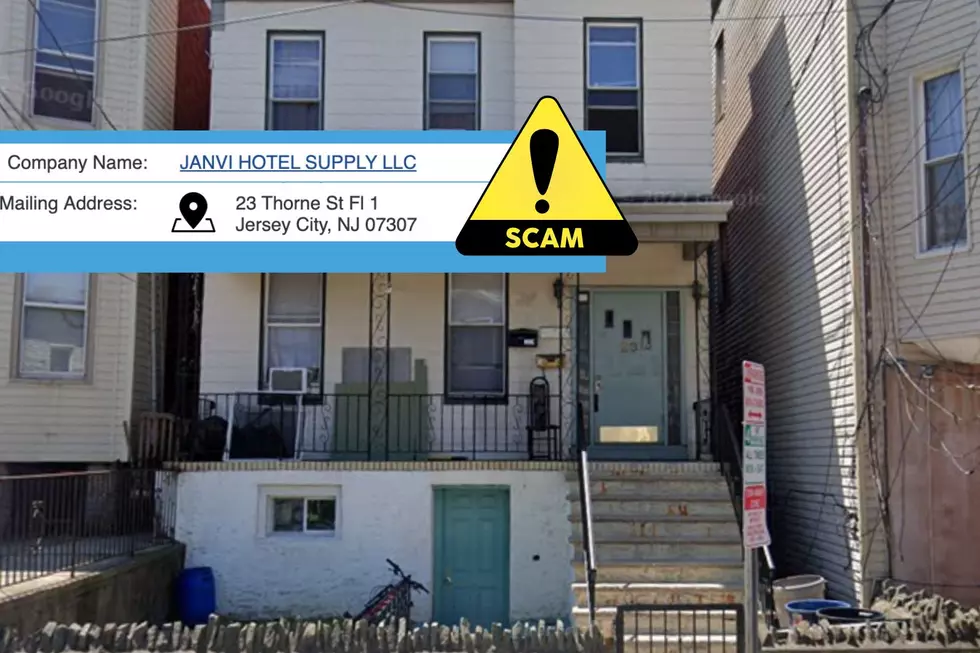
Crime tip lines need more protection, says lawmakers
Two New Jersey lawmakers want to reinforce anonymity protection to those who call criminal tip hotlines after hearing complaints from residents that the identity and personal information of some tip line callers have been compromised.
Assembly members Shavonda Sumter (D-Paterson) and Benjie Wimberly (D-Paterson) introduced a bill in February that would bolster anonymity protection for people who use law enforcement tools such as websites or tip hotlines to report criminal activity.
At a recent violence commission public hearing, Sumter said she learned that citizens in her legislative district don't always feel safe reporting a crime to a hotline or website, even though the idea behind the creation of anonymous tip lines was to relieve a caller's fear that a criminal would try to retaliate against them for making a report.
Sumter said she was told that in some cases police officers were going to the homes of those that called in a tip because they wanted more to know more about their concerns.
"When that happens there are ears and eyes on the street and then our residents end up in harm's way and hence they're reticent to report any illicit activity. We want to work as partners so we can't have them fearful of reporting any criminal activity," Sumter said.
Under the measure, the following safeguards would be put in place:
- Tip lines and websites must be encrypted to block the identity of the tipster;
- Systems operators would be prohibited from asking for the tipster's identity;
- Tips would not be subject the New Jersey's Open Public records Act;
- A tipster's information would also not be subject to discovery or admissible in evidence in any criminal or civil action except upon subpoena.
"Crime in our communities has escalated exponentially and, unfortunately, so has the fear of families' who are willing to help but need to do it anonymously," said Wimberly in a press release emailed on Feb. 25. "To effectively reduce crime in our communities, everyone - police, residents and businesses - must work together."
If the legislation becomes law, anyone convicted of violating any provision of the bill would be guilty of fourth degree crime which is punishable by a prison term of up to 18 months, a fine of up to $10,000 or both. If the person who disclosed the information was a government official he or should would be liable, in a civil action for damages arising from the disclosure, or $25,000, whichever amount is greater, plus attorney's fees and costs.
The legislation was introduced on Feb. 12 and is awaiting a hearing in the Assembly Judiciary Committee.
More From New Jersey 101.5 FM









